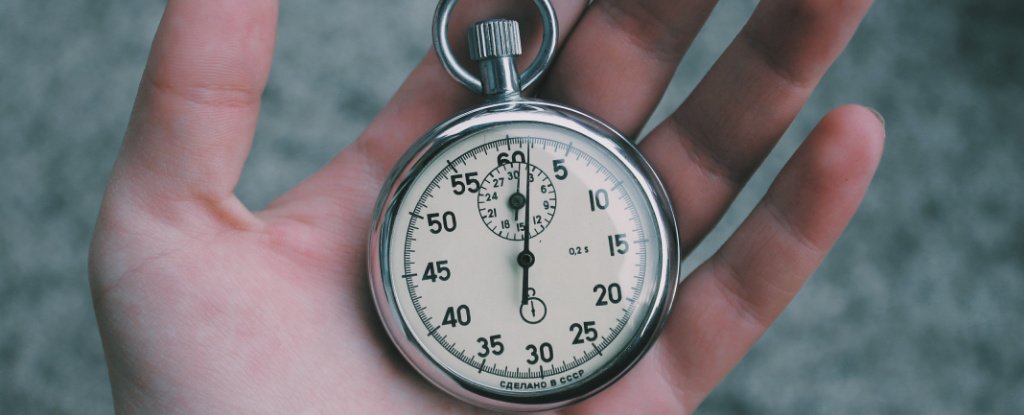If we are to have a chance to reverse rising suicide rates, researchers say we need to understand more about how suicide progresses – the development that leads from suicidal thoughts to the act that takes one’s life.
Note: if this story is of concern or if you need to talk to someone, consult this list to find a 24/7 crisis line in your country and ask for help.
Time is an important part of progress. How long do suicidal thoughts last in a person’s mind? How long before these thoughts motivate an individual to attempt suicide? And how does an individual’s perception of time affect things?
In a new study, researchers examined these questions and examined a group of more than 280 participants.
The group includes individuals who have recently attempted suicide, people with depression who are currently experiencing suicidal thoughts, non-suicide patients with depression, and healthy controls without a history of mental illness or drug abuse.
Participants performed a variety of tests designed to measure things like their level of depression and anxiety, but also protocols that measure the levels of impulsivity, and a time estimation task that examines how fast or slow an individual sees time pass.
In the results, the researchers found that among the individuals who attempted suicide, the time they considered suicide was dominated by two different patterns: those who thought less than 5 minutes about suicide, and those who thought longer about it. hours.
Similarly, the suicide action interval – the time difference between the decision to commit suicide and the resulting attempt – showed a significant distribution in the data, with the majority of patients indicating less than 5 minutes or longer than three hours.
In addition, the researchers found that the perception of slowing down time was linked to the severity of suicidal thoughts, and individuals considering suicidal thoughts for up to three hours showed that the results delayed longer.
“The most important message is that a significant number of people who attempt suicide do so impulsively,” first author and psychiatrist Ricardo Caceda of Stony Brook University told PsyPost.
“A second point is that individuals during a suicidal crisis tend to experience time very slowly, which is likely to contribute to the experience of intense psychological distress.”
Although there are limits to how much we can deduce from the results, the researchers suggest that an increased sense of time passing may reflect a kind of “phenomenon or depersonalization-type phenomenon”, with similar changes in time perception. previous research with soldiers, and in patients with post-traumatic stress disorder.
“The experience of time being slowed down or dilated in suicidal patients, likely caused by overwhelming psychological pain, may in turn exacerbate the perception of inescapable psychological pain,” the researchers write in their study.
“It can be assumed that the peak of a suicide crisis may be a dissociative condition, caused by overwhelming psychological pain and characterized by a delayed perception of time.”
In addition to the hypotheses about the effects of time perception, the researchers hope that their new data on timing related to suicide assessment and the suicide action interval can help provide new clinical understanding, which will make physicians more aware of risk factors associated with time, which may one day help. improve suicide prevention strategies.
The findings are presented in European Neuropsychopharmacology.
If this story worries you or you need to talk to someone, consult this list to find a 24/7 crisis line in your country and ask for help.
